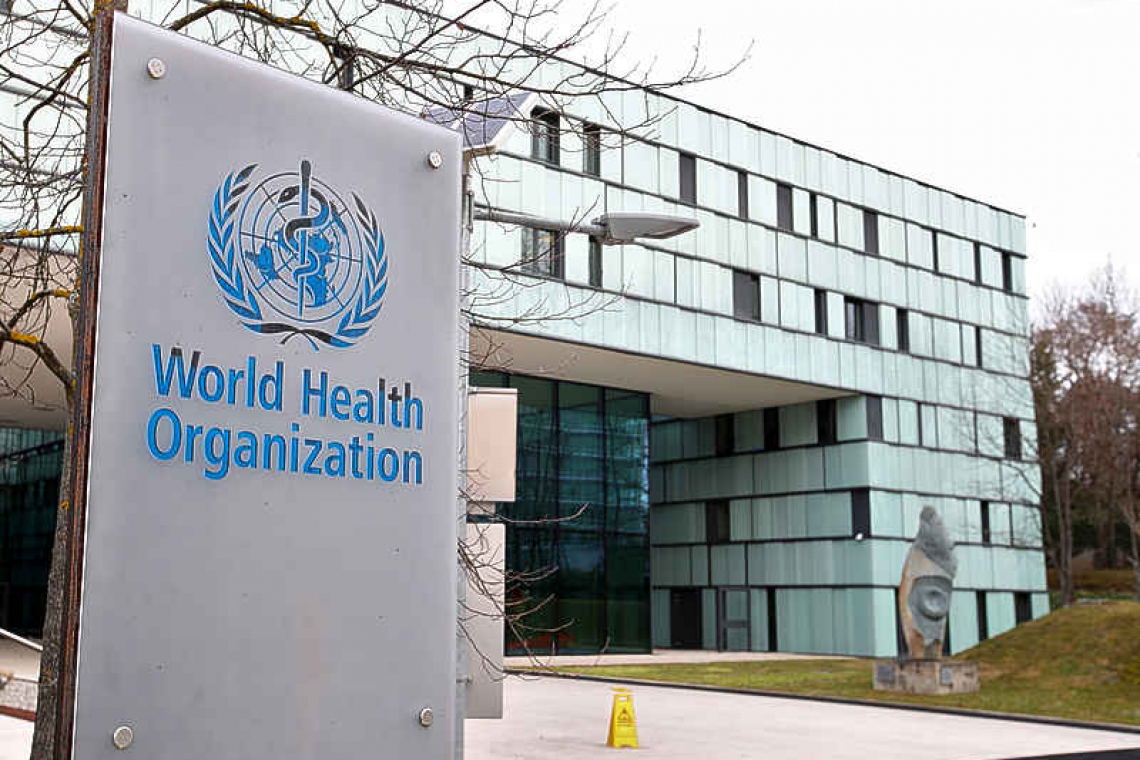BRUSSELS--The global scheme to deliver COVID-19 vaccines to poorer countries faces a "very high" risk of failure, potentially leaving nations home to billions of people with no access to vaccines until as late as 2024, internal documents say.
The World Health Organization's COVAX programme is the main global scheme to vaccinate people in poor and middle income countries around the world against the coronavirus. It aims to deliver at least 2 billion vaccine doses by the end of 2021 to cover 20% of the most vulnerable people in 91 poor and middle-income countries, mostly in Africa, Asia and Latin America.
But in internal documents reviewed by Reuters, the scheme's promoters say the programme is struggling from a lack of funds, supply risks and complex contractual arrangements which could make it impossible to achieve its goals.
"The risk of a failure to establish a successful COVAX Facility is very high," says an internal report to the board of Gavi, an alliance of governments, drug companies, charities and international organisations that arranges global vaccination campaigns. Gavi co-leads COVAX alongside the WHO.
The report and other documents prepared by Gavi are being discussed at Gavi's board meetings on Dec. 15-17. The failure of the facility could leave people in poor nations without any access to COVID-19 vaccines until 2024, one of the documents says.
The risk of failure is higher because the scheme was set up so quickly, operating in "uncharted territory", the report says. "Current risk exposure is deemed outside of risk appetite until there is full clarity on the size of risks and possibilities to mitigate them," it says. "It therefore requires intensive mitigation efforts to bring the risk within risk appetite."
Gavi hired Citigroup last month to provide advice on how to mitigate financial risks. In one Nov. 25 memo included in the documents submitted to the Gavi board, Citi advisors said the biggest risk to the programme was from clauses in supply contracts that allow countries not to buy vaccines booked through COVAX.
A potential mismatch between vaccine supply and demand "is not a commercial risk efficiently mitigated by the market or the MDBs," the Citi advisors wrote, referring to multilateral development banks such as the World Bank. "Therefore it must either be mitigated through contract negotiation or through a Gavi risk absorption layer that is carefully managed by a management and governance structure."
Asked about the documents, a Gavi spokesman said the body remains confident it can achieve its goals. "It would be irresponsible not to assess the risks inherent to such a massive and complex undertaking, and to build policies and instruments to mitigate those risks," he added.
The WHO did not respond to a request for comment. In the past it has let Gavi take the lead in public comments about the COVAX programme.
Citibank said in a statement: "As a financial advisor, we are responsible for helping Gavi plan for a range of scenarios related to the COVAX facility and supporting their efforts to mitigate potential risks."







